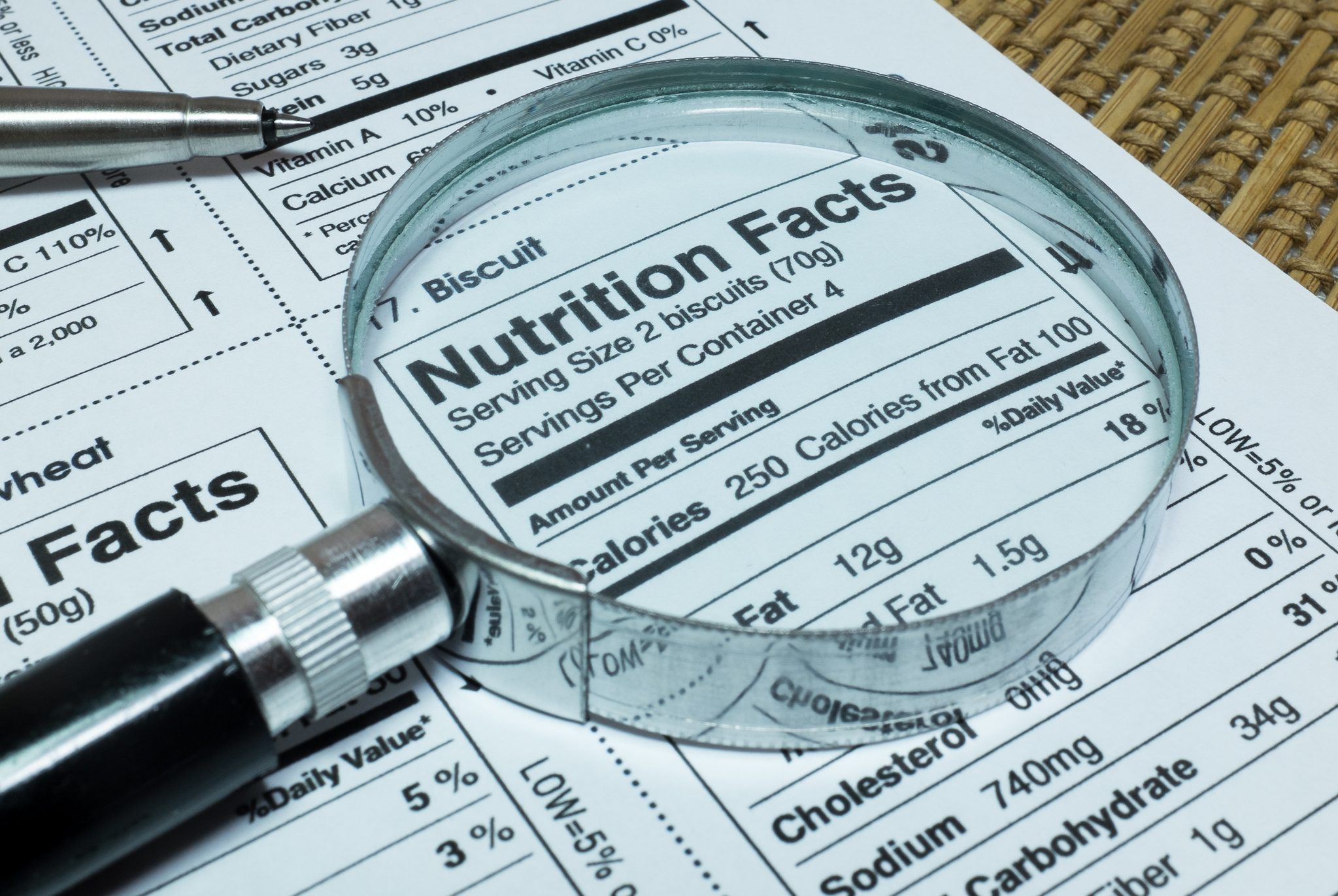Interventional cardiologist Dr. Aseem Vashist of the Pat & Jim Calhoun Cardiology Center at UConn Health discusses the triple threat of “S” foods: saturated fat, salt, and sugar. He recommends that all his patients limit their intake of these to prevent heart disease and heart attack and protect their heart health as they age.
What constitutes a heart-healthy diet?
Decreasing your daily intake of the three “S’s” of saturated fat, salt, and sugar can lower your risk of heart disease and improve your health. You can’t go wrong by substituting saturated fats and sugar products with more fruits, vegetables, whole grains, and fewer calories. It is a good idea to limit red meat, sugary foods and beverages, and to choose lean meats, fish, and nuts.
What is saturated fat and how is it harmful to our hearts?
Saturated fats are typically solid at room temperature. The majority of saturated fats come mainly from animal sources, including meat such as beef, poultry with skin, lard and cream, butter, baked and fried foods, cheese, and other dairy products. Saturated fats raise the level of bad cholesterol (LDL cholesterol), resulting in an increased risk of heart attack and stroke.
What is a normal daily salt intake?
The American Heart Association recommends a limit of 2,300 milligrams (mg) of salt a day, and ideally for most adults less than 1,500 mg per day. Less than 25 percent of the sodium Americans eat actually comes from the salt shaker. In fact, most salt comes from processed and restaurant foods we eat. It’s important to read the nutrition labels of the food you buy at the grocery store and on the menu if you are dining out.
Why is it so important to limit sugar?
Over the past few decades, dietary intake of sugar has steadily increased, resulting in an obesity epidemic. Carrying extra weight can put a strain on the heart and other organs. Sugars are empty calories. Decreasing the intake of added sugars reduces your caloric intake and helps improve your heart health by resulting in weight loss. Men and women should limit added sugars to less than 9 and 6 teaspoons per day respectively.
What other measures can one take to ensure a healthy heart?
The best prescription for good health is moderate exercise on most days of the week, close annual monitoring of your blood pressure, cholesterol, and weight, and a healthy daily diet. Simple measures like walking while at work and taking the stairs can go a long way in keeping your heart healthy. Also, it is a good idea to talk to your doctor if you have risk factors for heart disease or have symptoms that suggest a heart issue. Timely intervention can help preserve your heart health as you age, and could save your life.



